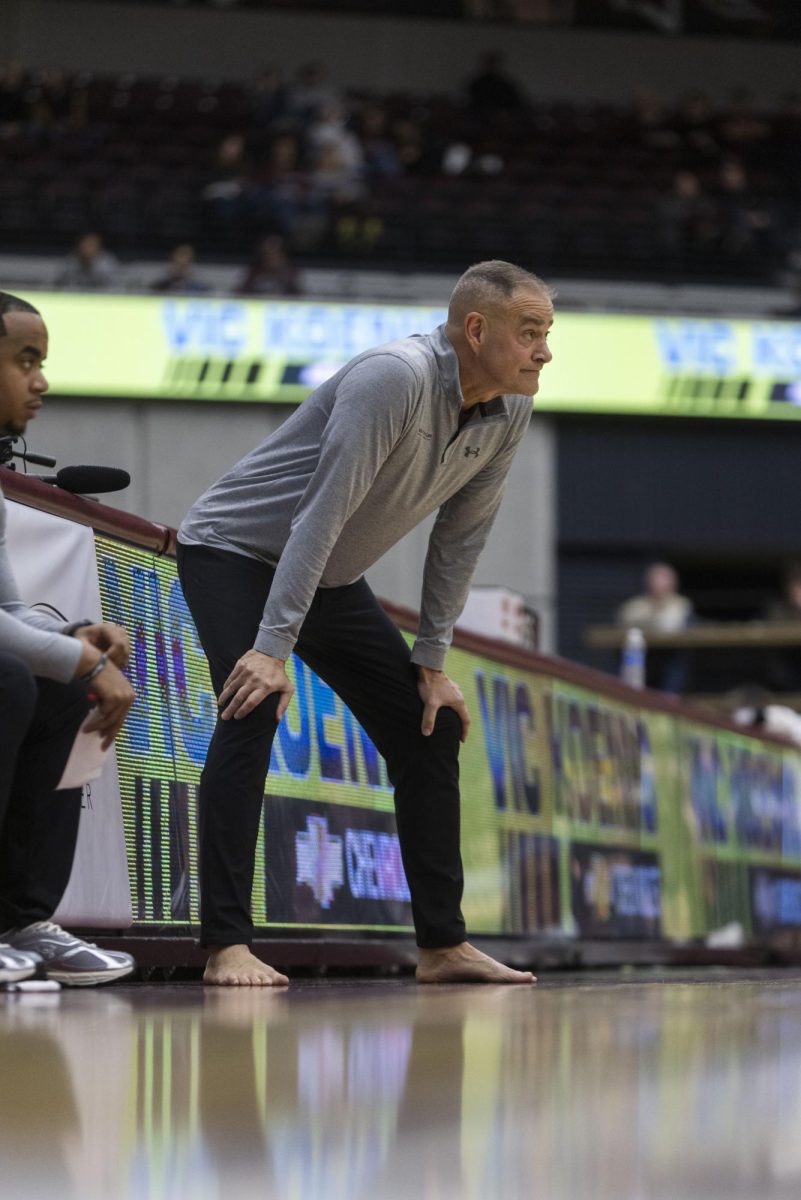Culture of academic dishonesty
October 7, 2015
Editor’s note: The FOIA request was for all reprimands and expulsions involving academic dishonesty since 2009.
Eighty-two percent of surveyed college alumni cheated academically in some way as undergraduates, a 2009 study published in Ethics & Behavior found. But if SIUC students are cheating to the same scope as the study suggests, it is going mostly unnoticed or unreported.
Since 2009, 31 cases of academic dishonesty resulted in administrative action, according to information obtained by a Freedom of Information Act request.
Advertisement
The university’s Student Conduct Code says faculty members have complete discretion for sanctioning students within their classes, which allows them to remove a student from a class for academic dishonesty, according to Chad Trissler, director for Student Rights and Responsibilities. The university handles more severe penalties for academic dishonesty, such as academic suspension or expulsion.
“The only requirement of the Student Conduct Code is that they notify Student Rights and Responsibilities so we can put it in the student’s record to ensure that it’s not something happening across multiple classes,” Trissler said.
And the policies for cheating vary from instructor to instructor.
“Generally I think as a teacher, it’s not just telling them what’s wrong, but telling them how to do it right the next time,” said Meera Komarraju, a professor of psychology and dean of the college of liberal arts.
Komarraju said during her 15 years as an instructor, roughly five to eight cases of plagiarism have been brought to her attention per semester by teaching assistants.
“Because we get a variety of students from different backgrounds, I’ve found that not all of them were prepared in the same way for college and the expectations around this issue,” Komarraju said.
With the vast expansion of technology and the availability of information, Komarraju said she has seen more cases arise during her time as a teacher — but the number is still quite low.
Advertisement*
Some factors that encourage academic dishonesty, Komarraju said, are based on pressures of working part time, raising children or adjusting to a new geographic location.
“[Students] think the only thing they have to do is write that paper, and then they look for the shortcuts,” Komarraju said. “To a large extent I feel that when they are under pressure, they are trying to solve this problem of getting the homework done.”
A study published in Ethics & Behavior in 2007, which surveyed 154 SIUC alumni, found that students do not always leave academic dishonesty behind when they finish their undergraduate degrees. The study found a correlation between plagiarism and the tendency to engage in other forms of high-risk behavior, which had the potential to affect them in professional careers.
That came as no as surprise to Komarraju.
“If they don’t get caught, that behavior is reinforced,” she said.
Aside from psychological factors, there is something about cheating that seems to be a part of our culture, said Chris Wienke, an associate professor in sociology.
“There’s a culture of cheating that goes beyond the classroom,” Wienke said.
Wienke said like many colleagues he has spoken with on the issue, he prefers to have students re-do plagiarized work rather than take punitive measures, which may harm a student’s academic future.
In of the most egregious personal experiences he recalled a former graduate student submitted a paper without removing the website name it was stolen from.
Wienke said cheating is not a new phenomena despite technological advances.
“I remember when I was in college, they would ask the same questions every semester, and some of the fraternities had files of old tests used. So, the instructors were basically asking for it,” Wienke said.
If cheating is going unnoticed on campus, Wienke said, it is bad for all students — even the honest ones.
“I know a lot of students who are hardworking … who would probably feel a little cheated,” Weinke said.
Bill Lukitsch can be contacted at [email protected] or on Twitter at @Bill_LukitschDE.
Advertisement








